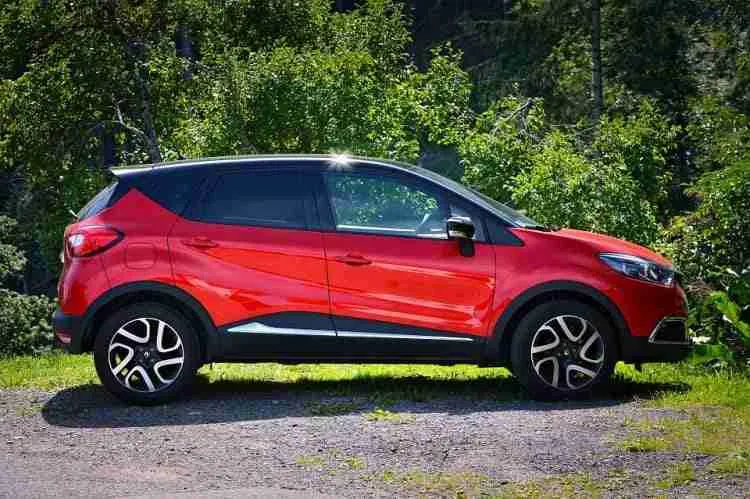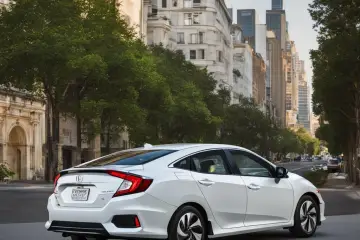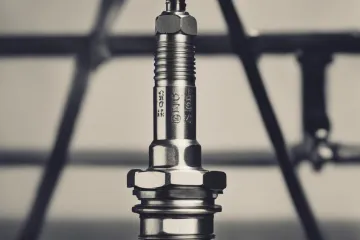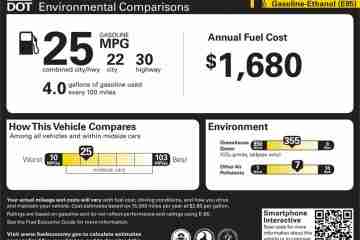How much does an SUV weight?

The average SUV weighs about 40% more than the average car. The average SUV weighs around 5000 pounds. The heaviest SUV in 2018 was Mercedes-Benz G Class with curb weight of 6.825 pounds (around 3.100 kg).
Some people would consider this question a silly one – why is it even important to know the weight of your car? However, most people who have cars know that there are several variables, which can be affected by your car’s weight. Knowing them before you buy a new car is as important as when doing routine maintenance with your current one. Also, not many people know there are many different categories when discussing the weight of cars. We will focus on the SUV weight as they are currently the largest automotive segment in the world and they accounted for more than a third of all new cars that were sold in 2018. There is a rough estimation they will make up for 50% of US car sales by 2020.
Weight Affects Safety
It is a known fact that heavier cars tend to be safer for the driver and passengers if a collision happens. Also, it is riskier for another vehicle to be hit by a heavier car – 1,000 pounds heavier car increases a chance of fatality probability by 47%. This percentage is even higher if another vehicle is a light truck like SUV. There is a growing opinion that SUVs are a much safer option compared to other cars. Midsize cars weigh between 3000 and 4000 Ib while a midsize SUV weighs between 3700 and 5000 Ibs, and a large one can go up to 7100 Ibs. The heavier the car the wider the difference between a light car accident and a car crash.
Weight Affects Fuel Consumption
The fact is that the heavier the car the more energy it will consume (and emit more carbon in the atmosphere). They have much bigger inertia and rolling resistance, which decreases the vehicle’s efficiency. Of course, this is one of the top priorities when buying a car and some people may decide not to buy an SUV because of the higher fuel costs. However, recent studies also show that reducing the weight by 100 kg could result in fuel consumption decline, about 0.5 L/100 km for SUVs. This also means less money out of your pocket – estimated fuel cost savings over 200 000 km would be around $1.000 in that case, based on the average fuel price and consumption. Ž
Weight Affects Payload
SUVs have much smaller payload capacity than what it could be presumed when taken the car’s size and perceived strength into consideration. Payload capacity means how much weight a car can carry besides its own – this includes both the weight of the cargo and the weight of the passengers and a driver. If an SUV is overloaded, the higher the chance of a rollover which can result in tragic consequences. Knowing the payload capacity of the SUV you have or want to buy can lessen the risk of excessive wear, possible damages, sudden bumps or ending up in situations that can be fatal for you or other passengers.
Different Weight Categories
It is advisable to consider all the categories of the vehicle’s weight, especially when buying a new car as some of them can reveal a negative side in different situations. The most important ones used in the car industry are payload capacity, curb weight, gross vehicle weight, and gross vehicle weight rating. Before giving you a comparison table between SUV and other cars, let us make them more understandable.
Curb weight is the weight of the car with all equipment but without the passengers and a cargo.
Gross vehicle weight (GVW) is the weight of the equipment, passengers and a cargo.
Gross vehicle weight rating (GVWR) is the total amount of weight a car can safely carry.
Payload is GVWR minus the weight of the car, equipment, cargo and passengers.
| Curb weight (Ib) | Curb weight (Kg) | |
| Compact Car | 2600 | 1180 |
| Midsize Car | 3500 | 1590 |
| Large Car | 4400 | 1995 |
| Compact SUV | 3700 | 1680 |
| Midsize SUV | 5200 | 2360 |
| Large SUV | 6500 | 3000 |
This table shows that generally, SUVs are heavier than mid-sized cars. They have a much higher center of gravity than other cars and it makes harder for them to stop or change direction if a sudden situation happens on the road. Knowing the weight of your SUV can reduce the possibility of a fatal rollover. It is also vital to know this information before putting an additional cargo inside – other passengers, equipment, luggage, bicycles, and other stuff. An overloaded vehicle can also affect your brakes, steering and your ability to safely drive on the road.
Before going on a trip make sure you checked all the tires, inspected the tread and checked the air pressure. Take the calculator if you want to be sure of how much weight your SUV can carry. Have in mind that even if you have enough space for everybody and everything that does not mean it is allowed or safe to drive with that much weight on the road. Think about the safety of your passengers and yourself and other people on the road.
Check out our other articles related to cars and motorcycles on our website.














No Comment